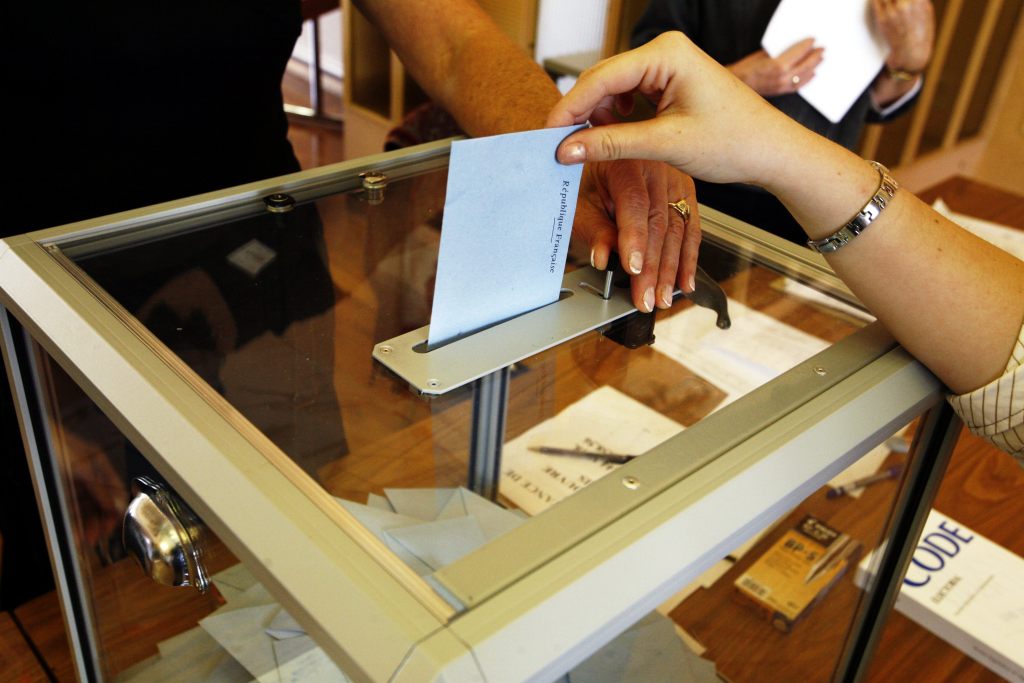Quo vadis carbon tax?
Carbon taxes represent a key part of humanity’s current strategy to avoid global warming above 2 degrees Celsius. They work by making carbon-intensive activities more expensive, thus encouraging individuals to reduce these activities. Given the existential threat climate change poses to our societies, one would hope that such a key policy tool was both effective and enjoyed broad public support. Neither of these things are true today. Why is that and what needs to change?
The carbon tax is a so-called steering tax. Its goal is to change people’s behaviour, not to raise revenue for the government. The current version of the carbon tax in place in most countries does not change people’s behaviour as effectively as it could and should. To see why, consider two frequently ignored facts.
First, rich people emit considerably more than the average person. Studies on socioenvironmental inequality estimate that the top 10% of emitters are responsible for about 50% of individual carbon emissions. Think of private jets, which emit up to 4.5 tons of CO2 equivalent (tCO2e) per hour, that is three times as much as the average human on the planet can emit per year if we want to meet our climate targets. Second, someone who falls in this category will usually not even bat an eye at a carbon price of, say, 100 Euros per tCO2e, let alone change their consumption habits. For context, the price of carbon in the European Union Emissions Trading System has oscillated around 80 Euros per tCO2e over the last three years.
(more…)









